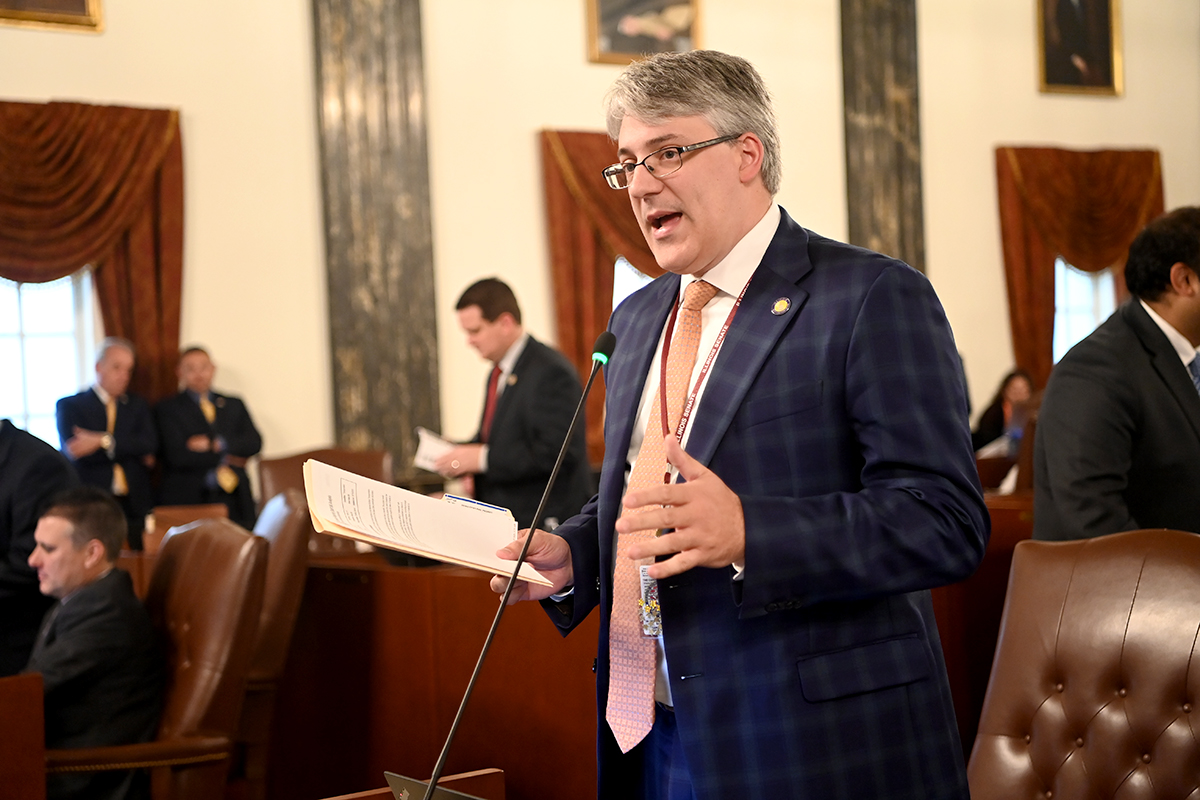
SPRINGFIELD – State Senator Mike Halpin advanced House Bill 301 through the Senate, marking a significant milestone in the expansion of the AIM HIGH Grant Pilot Program.
“If we want students here in Illinois to take advantage of our four-year universities, then we need to do something that actually makes it easier,” said Halpin (D-Rock Island). “This legislation is for working families who need just a little help paying for college and is a serious step in expanding access to higher education for Illinois residents, providing part-time students expanded opportunities as well.”
Beginning with the 2019-20 academic year, The Aspirational Institutional Match Helping Illinois Grow Higher Education (AIM HIGH) has provided merit-based, means-tested student financial aid to first-time, full-time undergraduate students and transfer students who are Illinois residents attending any of the 12 Illinois public four-year universities. AIM HIGH-participating universities are required to provide matching funding for institutional awards for students who meet certain eligibility requirements, as well as those established by each individual university.
Senator Halpin’s legislation will do a few things, including making the AIM HIGH Grant Pilot Program permanent, increasing transparency in the program to allow more students to take advantage, increasing access for part-time students and making changes to the matching requirements for the public universities.
The changes to the matching requirement for institutions is based on the percentage of students receiving Pell Grants. Institutions with at least 49% of students receiving Pell Grants will now be required to contribute 35% of the grant amount, up from the previous 20%. Similarly, institutions with less than 49% of students receiving Pell Grants will now be required to contribute 70% of the grant amount, compared to the previous 60%. These changes will ensure that the AIM HIGH Grant Program targets those most in need, further amplifying its impact.
“We can’t just talk about keeping more students in-state for college, we have to do something and I believe that this legislation is a giant leap in the right direction to address this issue,” said Halpin. “The most important part was making this program permanent, allowing our public institutions and students alike to plan for the future.”
House Bill 301 passed the Senate on Wednesday.













 © 2026 Illinois Senate Democratic Caucus
© 2026 Illinois Senate Democratic Caucus